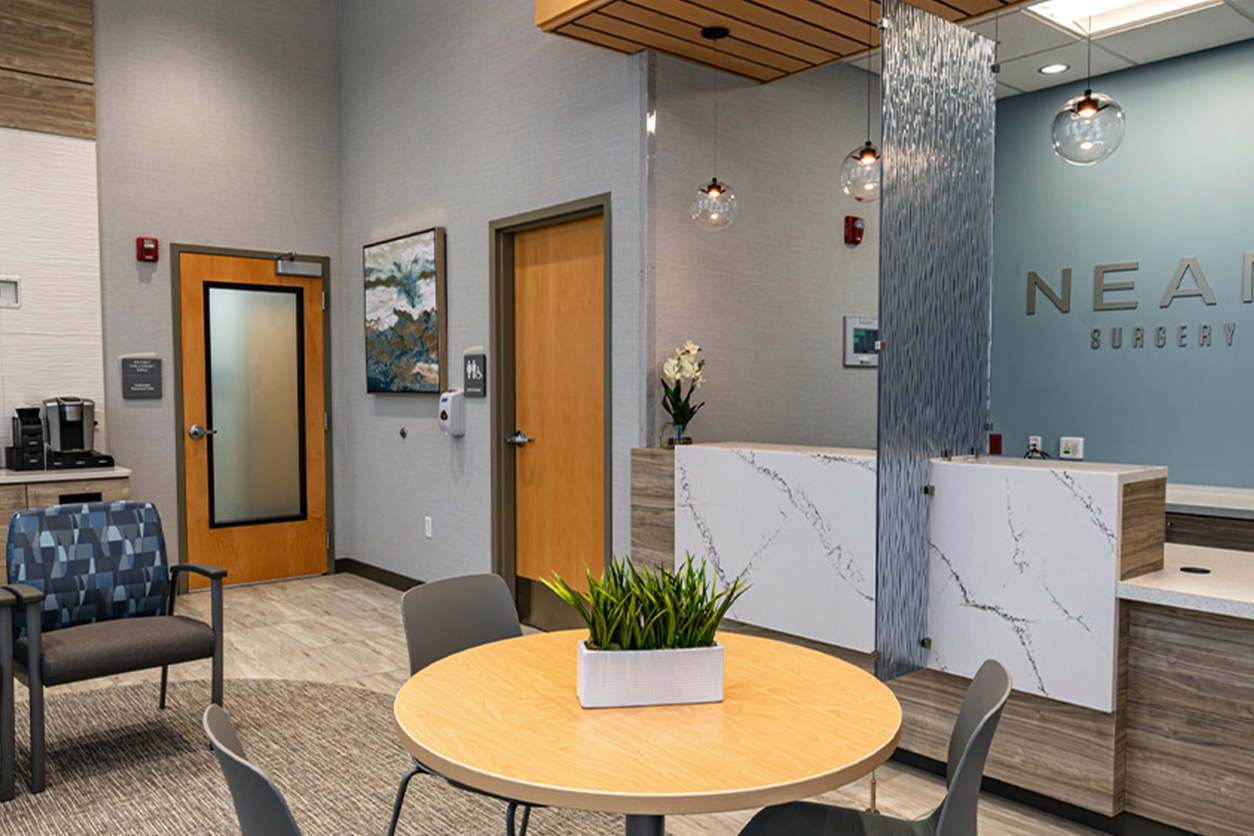While many people are familiar with the term carpel tunnel syndrome, it can become a serious issue if left untreated. If you are experiencing symptoms, do not hesitate to reach out to our Salem hand surgeons for relief.
What is Carpel Tunnel Syndrome?
Carpel tunnel syndrome is a condition that results in tingling, numbness, and pain in the hand and forearm. This condition is caused when pressure is put on the median nerve as it travels through the wrist. There is a combination of factors that may lead to the development of this condition. Risk factors include heredity, repetitive hand use, hand and wrist position, pregnancy, certain health conditions, and age.
Symptoms of carpel tunnel syndrome usually begin over time and include:
- Numbness or tingling in the hand or fingers.
- Pain or discomfort.
- Weakness in the hand.
If carpel tunnel is left untreated, it can lead to permanent dysfunction of the hand, including weakness and/or loss of sensation in the fingers.
Carpel Tunnel Syndrome Surgery Recovery
During the healing process, the ligament tissues will slowly grow back together while allowing room for the nerve. This process usually takes several months. Your surgeon will encourage you to use your hand after the ligament has healed and work up to normal use of the hand over time. Some weakness and soreness are to be expected for several weeks to a few months.





